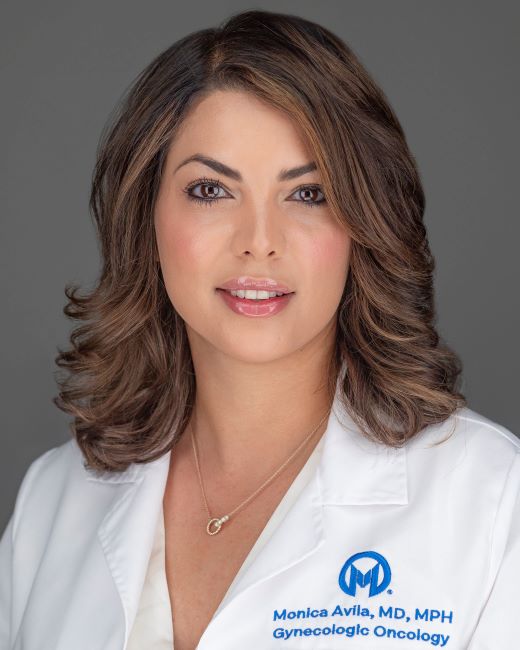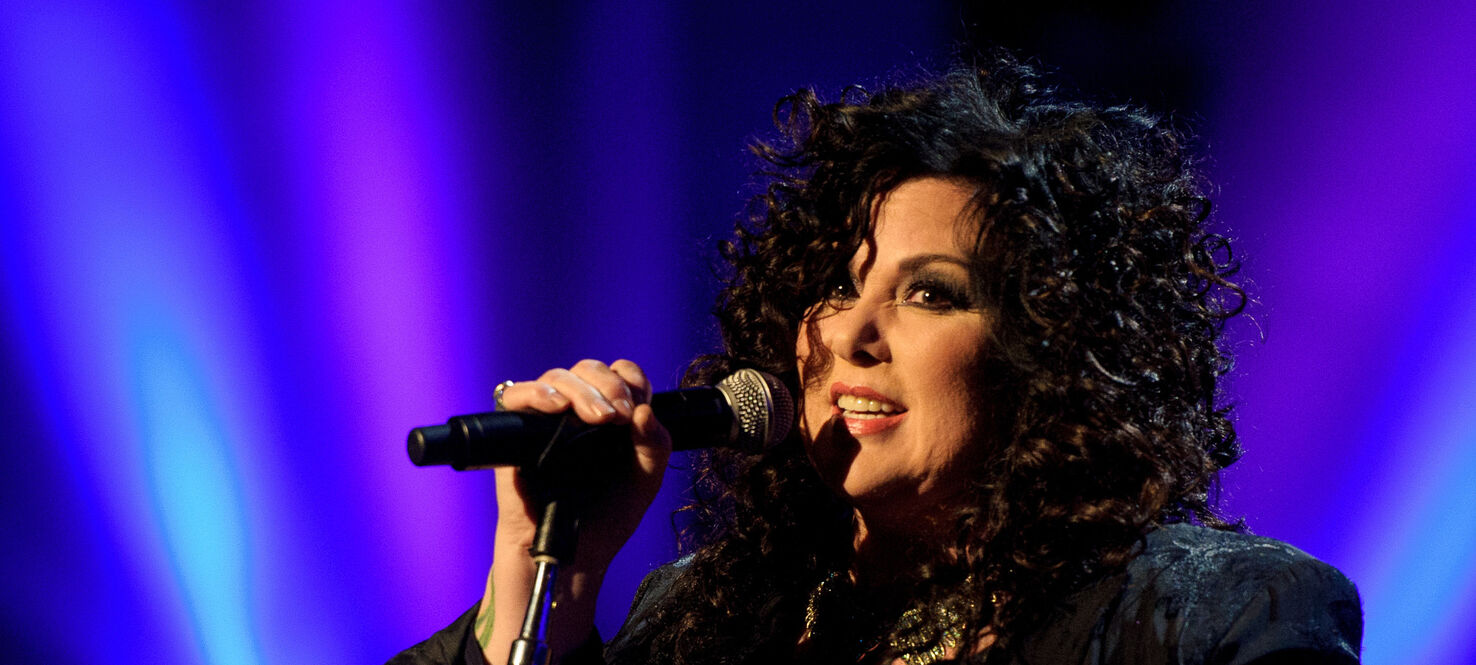What Is Preventive Chemotherapy?
Ann Wilson, lead singer of rock band Heart, says her band is postponing the remaining shows on its Royal Flush Tour while she undergoes treatment for cancer.
“To the ticket buyers, I really do wish we could do these gigs. Please know that I absolutely plan to be back on stage in 2025,” Wilson said in the statement. “This is merely a pause. I’ve much more to sing.”
— Ann Wilson (@annwilson) July 2, 2024
In the statement, Wilson said she underwent surgery to remove a cancerous growth and is recovering. She also said her doctors advised her to undergo “preventive chemotherapy” and take time off from performing.
This is not the first time the term has been making headlines. In March, Kate, the Princess of Wales, also said she was undergoing preventive chemotherapy after being diagnosed with cancer following abdominal surgery in January.
What is preventive chemotherapy?
According to Monica Avila, MD, a gynecologic oncologist in the Gynecologic Oncology Department at Moffitt Cancer Center, chemotherapy is only given as a form of treatment for an already existing cancer diagnosis.
It’s not something healthy people can opt for in hopes of staving off disease.
“Chemotherapy is therapy,” Avila said. “Nothing about it is ‘preventive’ other than to prevent the cancer from coming back if a surgical debulking to remove all visible disease is successful.”

Avila says surgery can be used in combination with adjuvant treatment, which can include chemotherapy and/or radiation. Some cancers can require chemotherapy, chemotherapy and radiation, or radiation alone.
“Chemotherapy is preventive in the sense that when a patient is getting treated after surgery with chemotherapy, the hope is that surgery leaves behind only few microscopic cells that chemotherapy can help clean up,” Avila said. “Therefore, the chemotherapy is administered as a means to prevent the cancer from coming back.”
The most common side effects of chemotherapy are fatigue, nausea and tingling in the hands and feet, according to Avila. Hair loss can also occur, but there are medications for improving these side effects and cold caps that cool the scalp can help prevent hair loss.
“A patient can take anywhere from a few weeks to a month or two to recover from those effects,” Avila said. “Numbness and tingling can take longer to disappear or can become permanent.”



